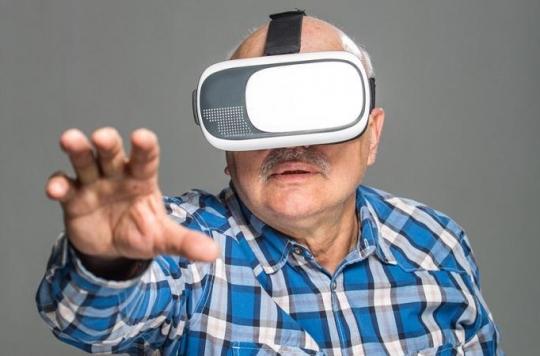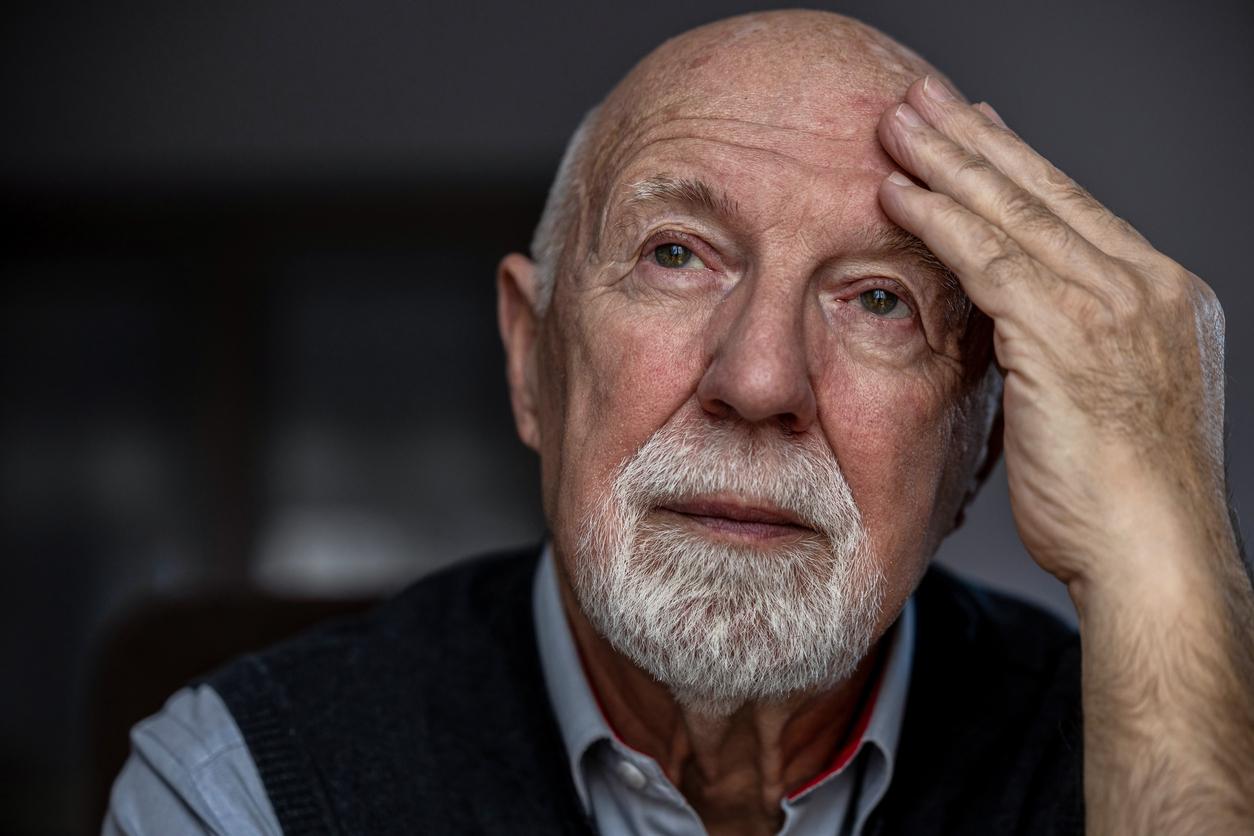A study carried out in the United States made it possible to identify a computer training capable of preserving the cognitive function of the elderly and reducing the risk of dementia. But faced with the lack of curative treatment, other strategies are essential.

The latest results of the Advanced Cognitive Training for Independent and Vital Elderly (ACTIVE) study were published in the American journal Alzheimer & Dementia: Translational Research & Clinical Interventions. Conducted by several American researchers, the study made it possible to measure the effectiveness of three types of computer training (memory, reasoning and processing speed) aimed at preserving the cognitive function of the elderly. A total of 2,802 healthy people aged 74 to 84 were divided into four groups and followed for 10 years.
Speed of information processing is key
Cognitive and brain function of all participants was assessed at the start of the study, after the first six weeks, and then at the end of the first, second, third, fifth and tenth years.
Result: if the scientists did not note any significant difference in the groups where the training required memory and reasoning, it would seem that the group which followed a training relating to the speed of information processing showed a reduction in the risk of dementia by 29%.
Specifically, the absolute risk of dementia for this group was 5.9%, compared to 9.7% and 10.1% for the memory and reasoning groups. The control group, which did not receive training, had a rate of 10.8%.
Prevent, but not cure
“We need to better define what makes some cognitive computer training effective, while other types are not,” says Dr. Edwards. But this training in the speed of information processing, effective in the elderly as a preventive measure to reduce the risk of dementia, is not a cure. But there is an emergency.
Alzheimer’s disease is a complex neurodegenerative disease which progressively affects the cognitive functions (memory, language, reasoning, learning, decision-making, attention, etc.) of nearly 900,000 people in France. On average, dementia affects 14% of people aged 71 and over and 30% of those over 90.
More than 35 million people are affected worldwide and no study to date has made it possible to define the reasons which lead to the development of this disease or to identify a treatment to stop its progression once installed.
Worse, the World Health Organization (WHO), estimates that the number of patients should double every 20 years, rising to 65.7 million in 2030 and 115.4 million in 2050. A devastating finding.
Bill Gates invests $ 50 million
This week, Bill Gates announced that he had invested $ 50 million of his personal fortune to support research into Alzheimer’s disease. “We have seen scientific innovations that have turned old fatal diseases, like HIV, into chronic diseases that can be controlled with drugs. I am convinced that we can do as well (or even better) with Alzheimer’s disease, ”explains the billionaire on his blog, justifying his interest in the fight against this disease by its costs, both emotional for families and economic for health systems.

.

















